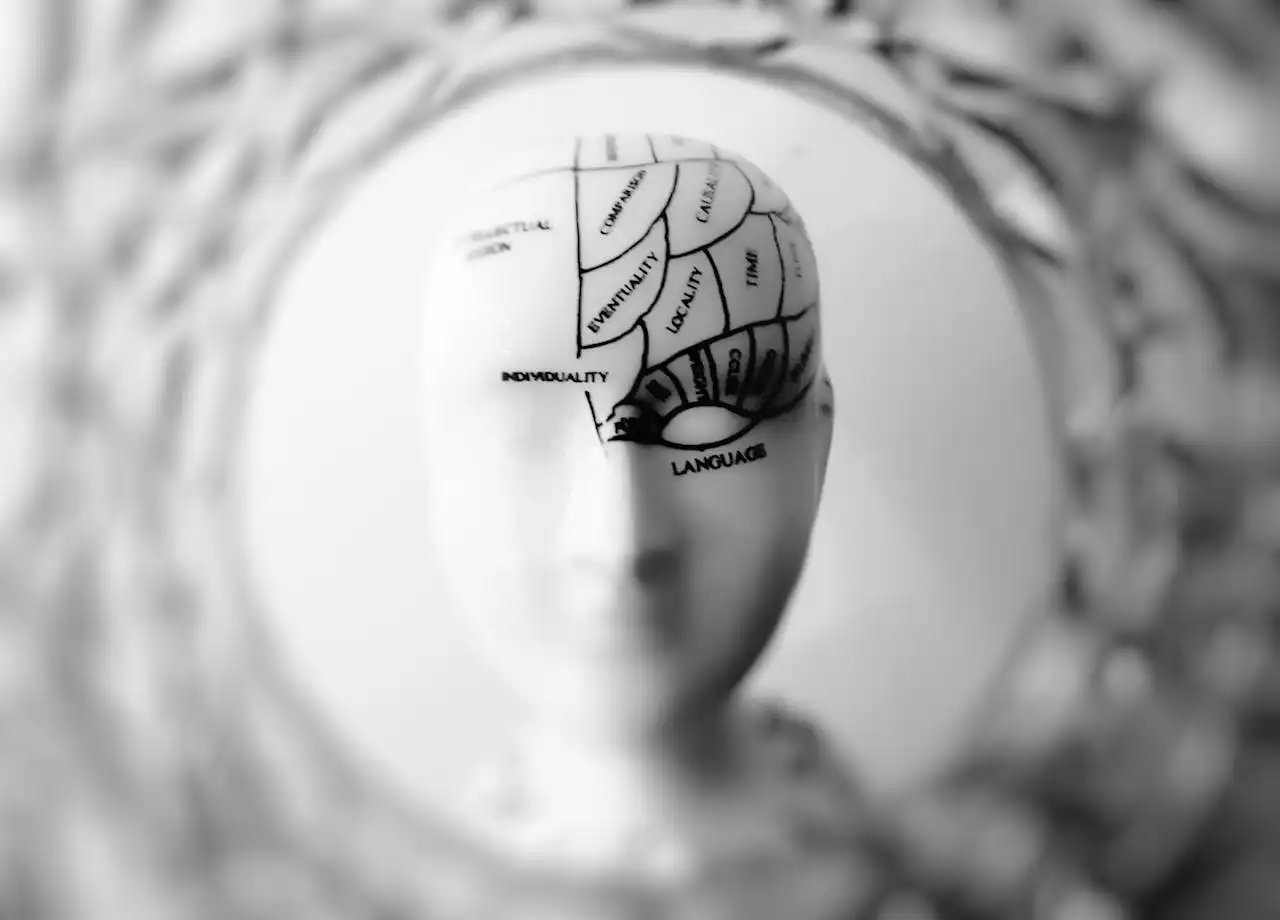Why Do Diets Often Fail? 5 Fatal Mistakes You Must Avoid
Muhe - Monday, 21 July 2025 | 03:30 PM (WIB)


1. The "All-or-Nothing" Trap: Going Too Hard, Too Fast
Picture this: It's Monday morning. You're pumped! This is it. No carbs, no sugar, no fun, basically. You're going from zero to "eating like a monk" overnight. We’ve all been there, right? This "all-or-nothing" mentality, while admirable in its ambition, is arguably the biggest saboteur of long-term success. When you slap super restrictive rules on yourself, your body (and your brain) screams, "Deprivation!" Initially, you might feel a rush of virtue, a sense of control. But soon, that nagging feeling of being denied starts to build. A small craving snowballs into an obsession. And then, boom! You "cheat" – maybe with a cookie, maybe with an entire pizza – and suddenly, the whole diet feels ruined. "Might as well throw in the towel," you think, and the cycle of restriction-binge-guilt begins anew. The key? Start small. Make one or two sustainable changes. Add more veggies, switch to water, walk a little more. Small, consistent wins build momentum, not burnout.2. Ignoring Your Body's Inner Wisdom: The Silent Cues You Miss
In our modern world, we’re conditioned to follow external rules: "Eat at 12 PM," "Don't eat after 7 PM," "Only eat X grams of protein." While some structure is helpful, we often completely shut off our internal compass – our body's amazing ability to tell us when we’re hungry and when we’re full. Think about it: babies are pros at this. They cry when hungry, stop when satisfied. We, on the other hand, eat because the clock says so, or because we're stressed, bored, or just mindlessly scrolling through Netflix. This mistake is about disconnecting from your own physiological signals. When you ignore genuine hunger, you're more likely to overeat later. When you eat past comfortable fullness, you feel sluggish and uncomfortable. Learning to practice mindful eating – paying attention to the taste, texture, and your body's signals – is transformative. It's about tuning into yourself, not just a diet plan. It might sound woo-woo, but trust me, your body knows best.3. The Scale's Tyranny: When Numbers Rule Your World (and Your Mood)
Oh, the scale. It's like that frenemy who offers a glimmer of hope only to brutally crush your spirit moments later. We become so fixated on that number staring back at us that it dictates our entire day, our self-worth, and our motivation. If it goes down, we're on top of the world. If it stays the same or, heaven forbid, goes up, we feel like total failures and want to give up. Here’s the thing: your weight fluctuates constantly due to water retention, muscle gain, food in your system, and a million other factors that have absolutely nothing to do with fat loss. Focusing solely on the scale blinds you to other, more meaningful indicators of progress: your clothes fitting better, your energy levels soaring, your sleep improving, your strength increasing, or just feeling more vibrant. Ditch the daily weigh-ins. Weigh yourself weekly, or even monthly, and instead, celebrate the non-scale victories. They’re the real measure of success.4. Treating It Like a Sprint, Not a Marathon: The "Temporary Fix" Fallacy
How many times have you heard someone say (or said yourself), "I'm on a diet for two weeks, then I can go back to normal"? This is perhaps the most fundamental flaw in our approach. We view dieting as a temporary phase, a grueling sprint to reach a goal weight, after which we can "go back to normal." But what is "normal" if it led us to want to diet in the first place? True, lasting health isn't about temporary restriction; it's about sustainable lifestyle changes. It's about building habits you can maintain for life, not just for a few weeks or months. This means finding enjoyable ways to move your body, discovering delicious ways to eat nourishing foods, and developing coping mechanisms for stress that don't involve a tub of ice cream. If your "diet" doesn't feel like something you can do forever, it's not a diet; it's a temporary sentence. And frankly, it's exhausting. Think long-game, not quick fix.5. Lone Wolf Syndrome: Trying to Go It Alone (and Drowning in the Process)
Dieting can feel incredibly isolating, especially when you’re navigating cravings, social pressures, and emotional eating triggers all by yourself. We often adopt this "lone wolf" mentality, believing we should be able to handle it all without any help. But attempting a significant lifestyle overhaul without support is like trying to build a house with one hand tied behind your back. Whether it’s a trusted friend, a supportive family member, a coach, a therapist, or a community group, having someone in your corner can make all the difference. They can offer accountability, encouragement, a listening ear, or even just a healthy perspective when you feel like throwing in the towel. Furthermore, many of us eat for emotional reasons – stress, boredom, sadness. If you don't address the underlying psychological factors driving your eating habits, no diet plan, no matter how perfect, will stick. Don't be afraid to seek professional help if you suspect emotional eating is holding you back. You don’t have to do this alone. So, there you have it. The secret isn't some magic bullet diet or a celebrity endorsement. It's about ditching these common pitfalls and shifting your mindset. It’s about being kind to yourself, listening to your body, celebrating small wins, thinking long-term, and not being afraid to ask for help. It’s not about perfection; it’s about progress. And when you finally understand that, the "diet" stops being a word filled with dread and becomes, instead, a journey toward a healthier, happier you. You’ve got this.
How to Relax Your Mind During the Weekend
6 months ago

ChatGPT's Compassionate Turn: How AI Is Learning to Handle Mental Health Crises Better
6 months ago

Coffee vs. Tea: The Morning Brew Showdown That's More Than Just a Cuppa
6 months ago

Cracking the Code: Your Guide to Taming Those Beastly Migraines
6 months ago

Fuel Your Supercomputer: Five Foods That Will Level Up Your Brainpower
6 months ago

Unlocking Your Inner Shield: Five Veggies That Are Basically Superheroes for Your Immune System
6 months ago

Your Secret Weapon for Weight Loss? It's As Simple As Putting One Foot in Front of the Other
6 months ago

Forever Young: The Secret to a Glowing, Timeless Life
6 months ago

Your Gut Feeling is Right: How to Feed Your Inner Universe for a Happier, Healthier You
6 months ago

Navigating Your Daily Grind: When Does Your Coffee Habit Cross the Line?
6 months ago
